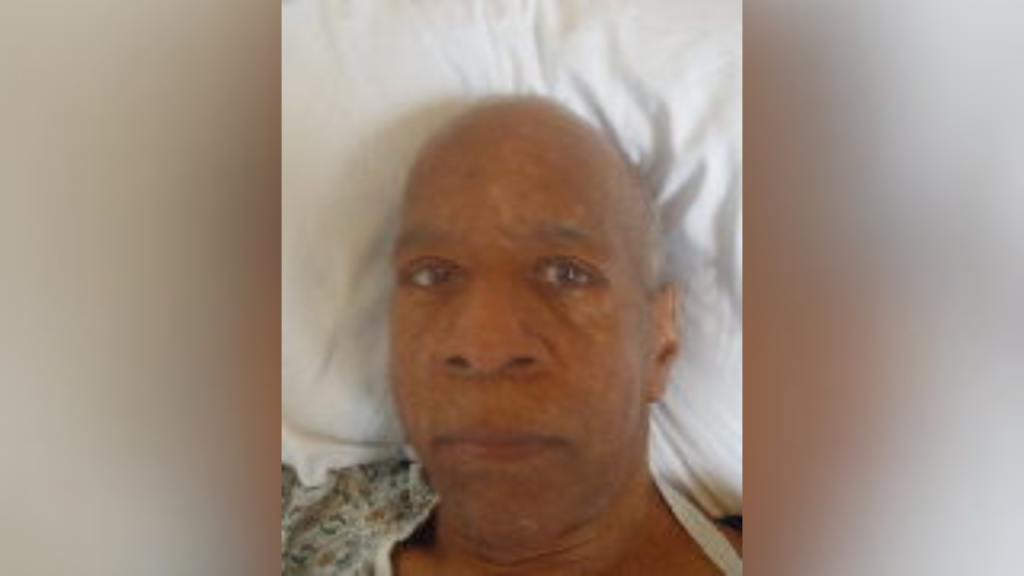Ezra Bozeman, a 68-year-old inmate serving a life sentence in Pennsylvania for a 1975 robbery and murder, was recently granted medical release by a judge. Despite opposition from the district attorney, Bozeman’s petition for release was supported by Gov. Josh Shapiro and the superintendent of the state prison where he was incarcerated. This decision came as Bozeman battles sepsis and complications from quadriplegia while on life support in an intensive care unit.
The Allegheny County judge granted Bozeman’s release while he was on a ventilator in the ICU, following a petition for medical release supported by various officials. Despite being placed on life support, Bozeman’s release was a culmination of ongoing legal efforts by his lawyers from the Abolitionist Law Center and Amistad Law Project. The legal team had filed for compassionate release under Pennsylvania’s 15-year-old law, which allows a seriously ill inmate who is expected to die within a year to be transferred to a private medical facility.
Bozeman’s health condition stemmed from a February surgery that left him paralyzed from the chest down. Following this, his lawyers initiated the petition for compassionate release. Bozeman was convicted of second-degree murder for killing a man during a robbery in 1975 and has maintained his innocence throughout his incarceration. Despite his health challenges and legal battles, Bozeman has been described as a dignified human being by his legal representatives, who hope for his condition to stabilize so he can be transferred to a long-term care facility.
The support for Bozeman’s release comes amidst ongoing debates around compassionate release policies and the ethical treatment of seriously ill inmates. Bozeman’s case highlights the complexities surrounding medical care and legal processes within the prison system. While his release was granted by the judge, the district attorney has yet to confirm if they will appeal the decision. The culmination of Bozeman’s petition for release showcases the intersection of legal advocacy and medical necessity in cases of severely ill inmates serving life sentences.
Bozeman’s story serves as a poignant reminder of the human toll of incarceration and the need for compassionate approaches to addressing the healthcare needs of inmates. Despite his conviction and the circumstances surrounding his case, Bozeman’s deteriorating health led to a decision that extended beyond legal ramifications to encompass considerations of medical urgency and human dignity. Moving forward, his case may prompt broader discussions around the intersection of health, justice, and compassion within the criminal justice system.
As Bozeman transitions from the prison system to a medical facility, his case underscores the complexities and challenges faced by seriously ill inmates within the criminal justice system. The legal efforts and ongoing support for his release reflect broader conversations around compassionate care and dignity for incarcerated individuals, especially those facing life-threatening medical conditions. Bozeman’s journey highlights the importance of balancing justice with compassion and human rights, particularly in cases where health crises intersect with the legal implications of long-term incarceration.


